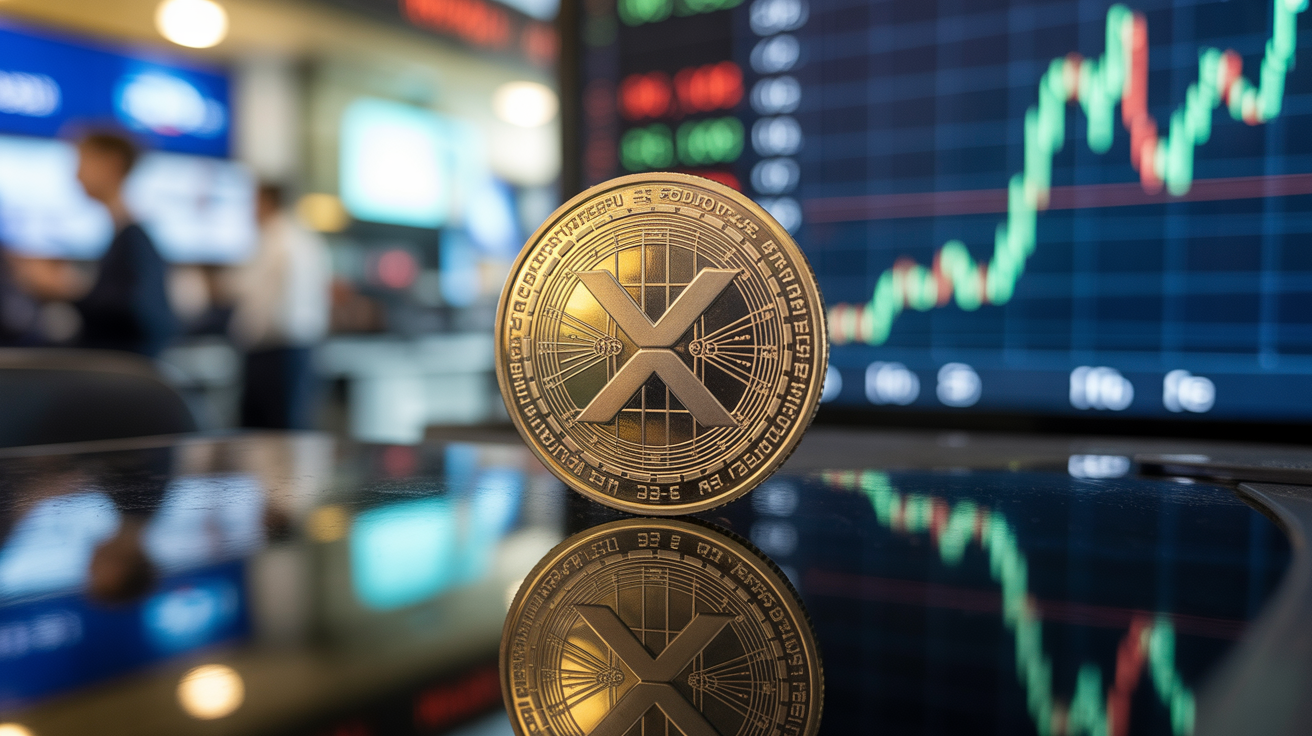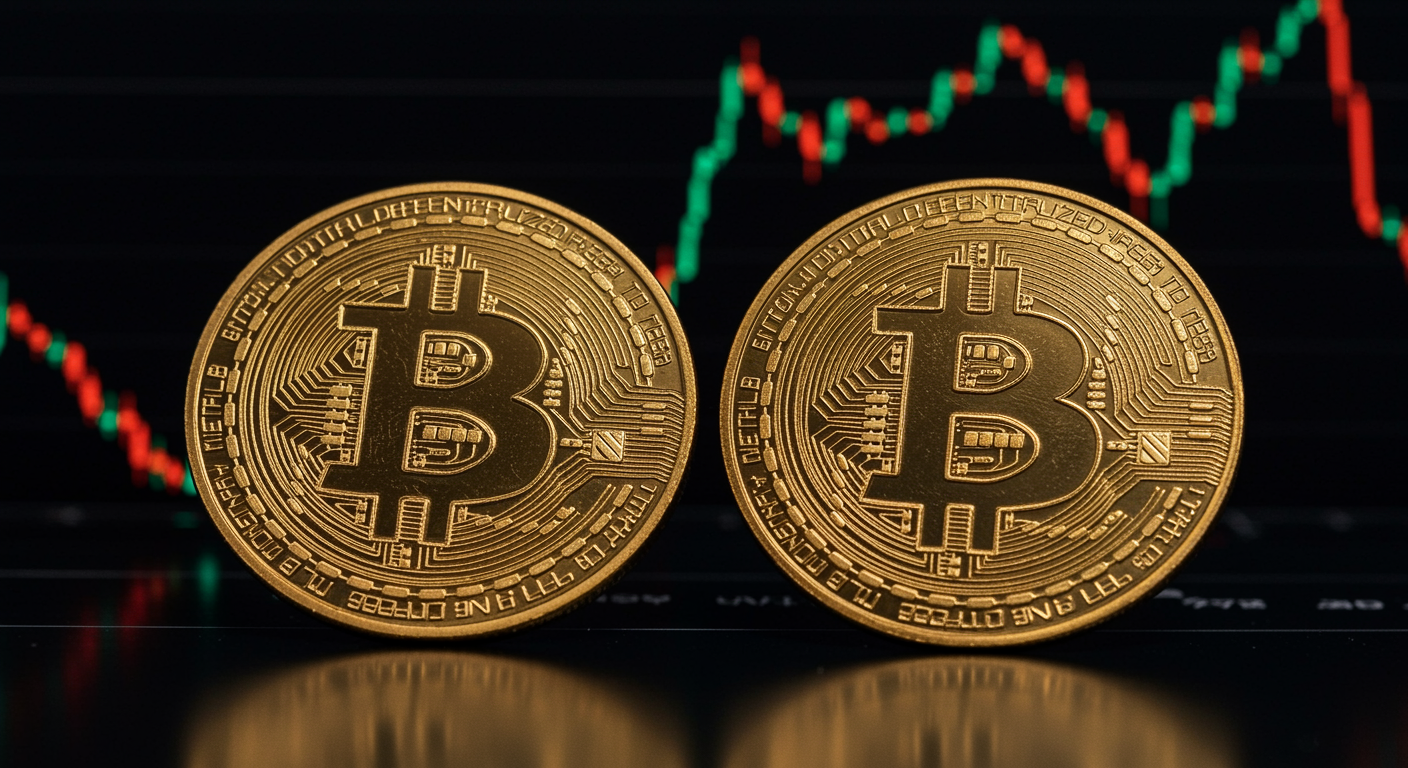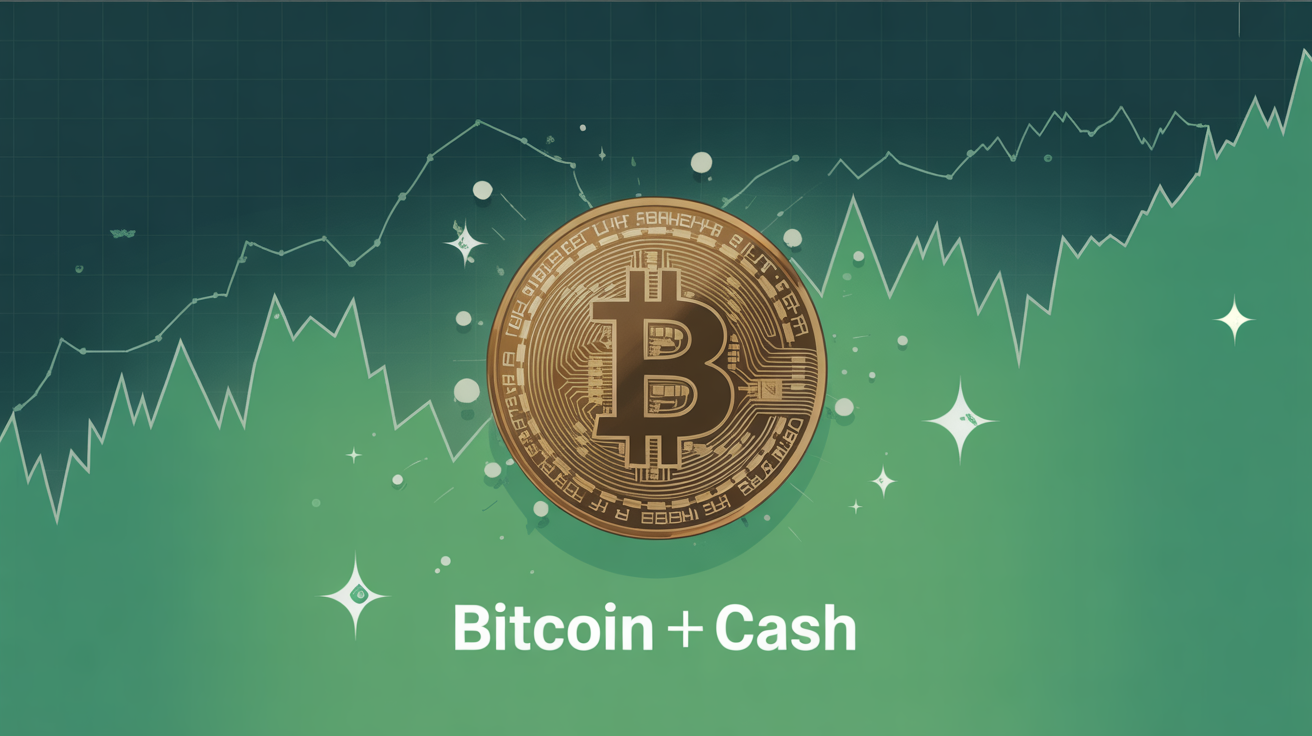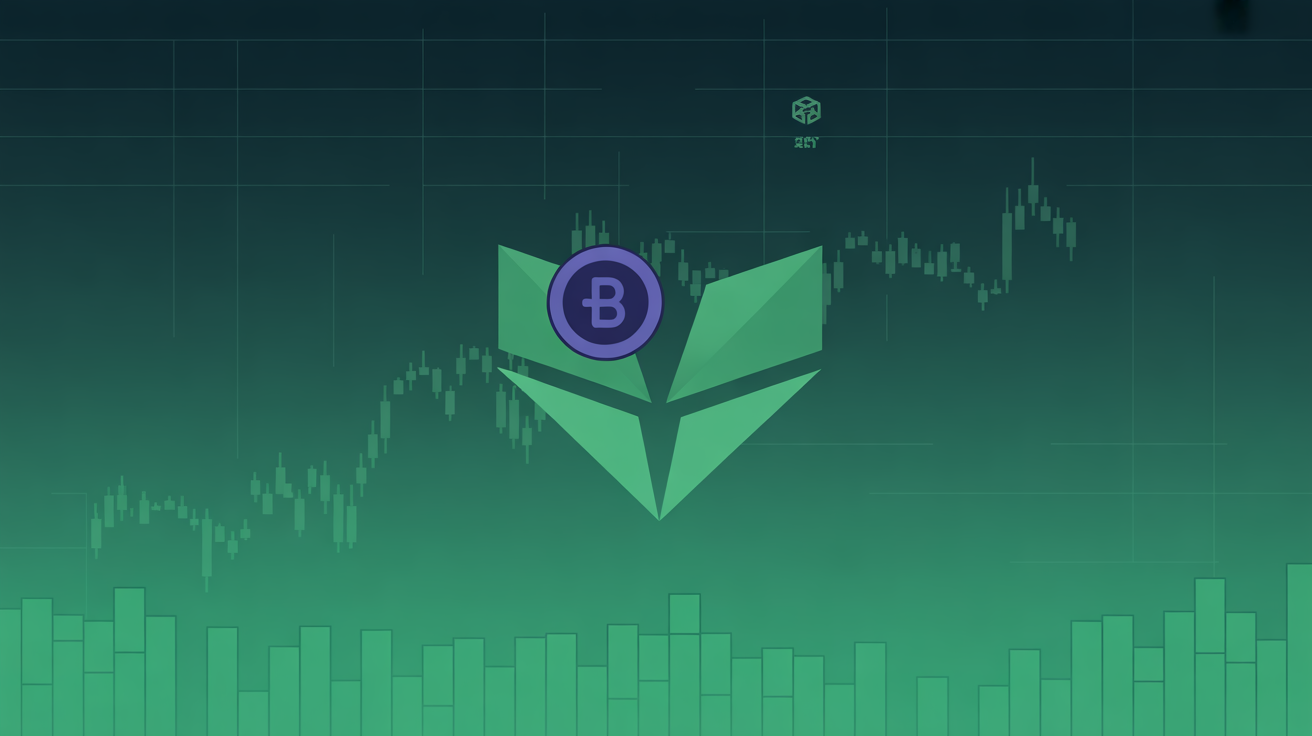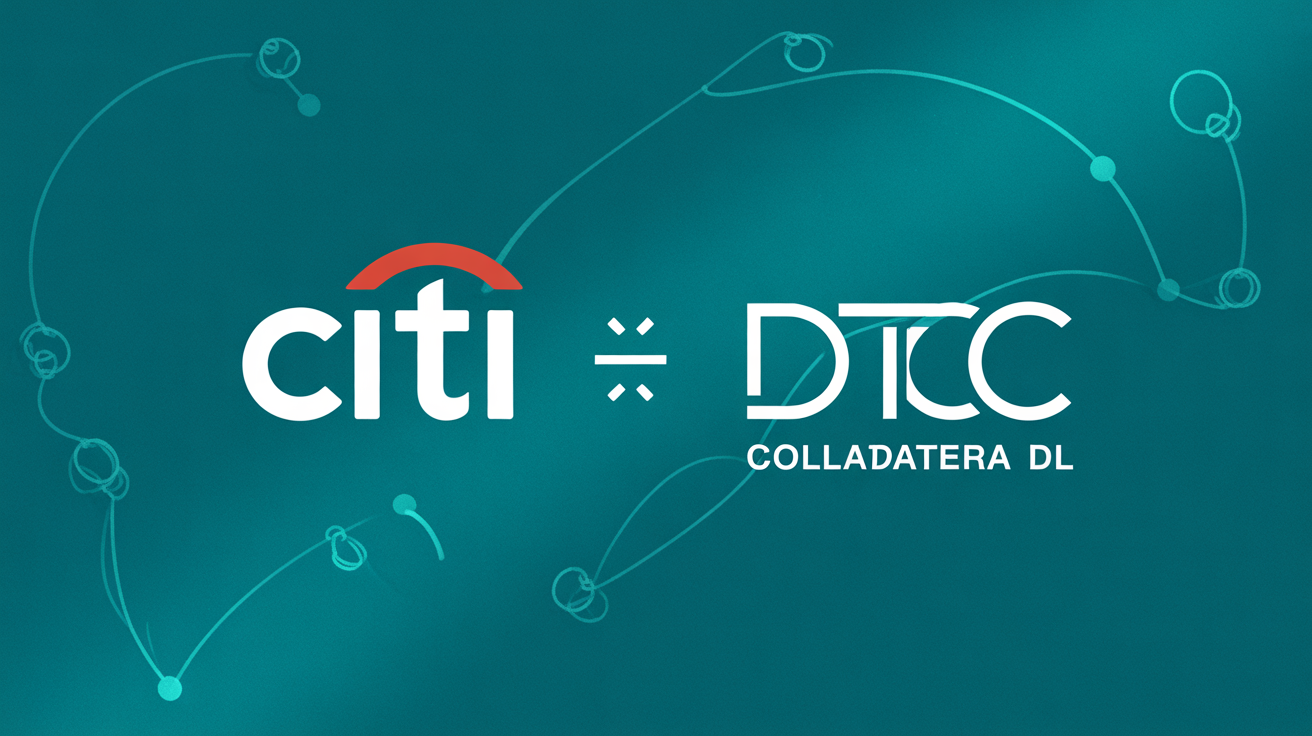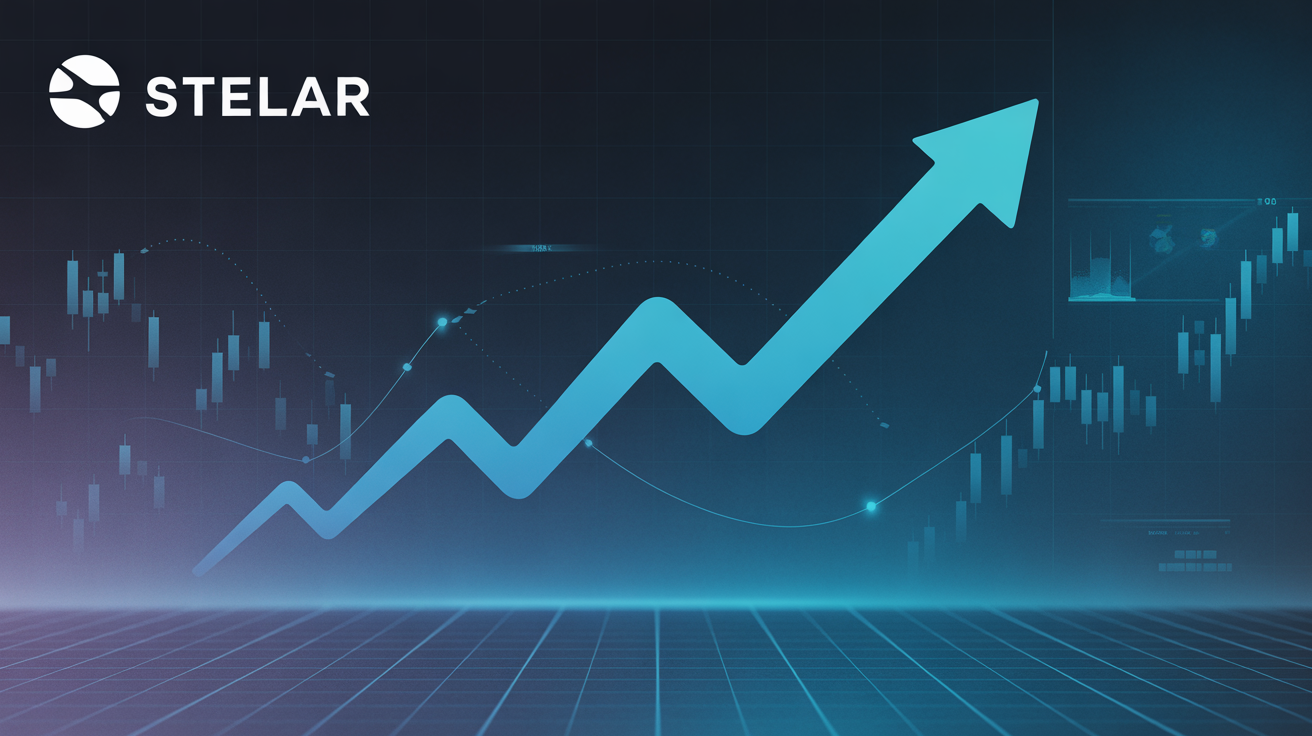Rittenhouse Research Names Galaxy Digital a Strong Buy, Citing Shift from Bitcoin Mining to AI Data Centers
When Galaxy Digital (GLXY) CEO Mike Novogratz acquired Argos’ Helios data center in late 2022, at the height of the crypto winter following the FTX collapse, few realized the strategic potential of the purchase. At the time, it appeared to be a lifeline for a struggling bitcoin (BTC) miner on the verge of bankruptcy.
Fast forward to 2025, with AI technologies like ChatGPT going mainstream, that data center has transformed into a vital asset as demand for AI infrastructure skyrockets. Rittenhouse Research, a new firm focused on fintech, AI, and crypto, argues in a recent report that Galaxy’s pivot from BTC mining to AI data centers could be one of the most lucrative moves in the crypto space today.
Rittenhouse’s analysts highlight that the infrastructure once dedicated to mining digital gold is far better suited for processing AI workloads. They see firms abandoning the volatile, capital-intensive bitcoin mining business in favor of AI data centers as the next wave of high-growth opportunities.
Unlike bitcoin mining, which faces predictable revenue drops—roughly halving every four years due to scheduled halvings—AI data centers generate steady, high-margin income through long-term, triple net leases with hyperscalers (large cloud service providers). This model requires minimal ongoing capital investment and delivers reliable cash flow.
Bitcoin mining’s profitability depends heavily on bullish BTC prices and continual chip efficiency improvements, creating significant uncertainty for investors. In contrast, Galaxy’s Helios facility benefits from stable leasing agreements that provide consistent revenue without the risks tied to cryptocurrency price swings.
“Galaxy’s acquisition of Helios was a fortunate stroke of luck,” Rittenhouse notes. While competitors like Riot Platforms and Cipher Mining have tried to portray themselves as diversified beyond BTC mining, analysts say these firms had no plans to pivot until the AI boom, sparked by ChatGPT, forced the issue.
Galaxy’s transition mirrors a broader industry trend, as many BTC miners seek to diversify into AI and cloud computing. However, Rittenhouse points out that Galaxy holds a distinct edge with its strong balance sheet—$1.8 billion in net cash and investments—proven execution, and credibility secured through its CoreWeave lease.
Concerns about CoreWeave’s creditworthiness, which have weighed on Galaxy’s share price, appear overstated according to the analysts. CoreWeave’s revenue is remarkably stable, with 96% derived from long-term contracts, backed by solid institutional support. Its debt is structured through delayed draw loans tied directly to infrastructure projects with secured customer agreements, significantly mitigating default risk.
Importantly, Galaxy has now fully exited all bitcoin mining activities, focusing exclusively on its AI data center ambitions—a move analysts see as a strong positive signal to potential hyperscaler clients.
As Rittenhouse’s note highlights, Cipher Mining CEO Tyler Page recently admitted the challenges miners face when courting large AI customers: “When speaking to a counterparty with a $1 trillion market cap… there’s concern about the scale of obligation miners have to backstop such a critical investment.”
Galaxy, having shed its mining exposure and secured the Helios deal, doesn’t face this hurdle. If Rittenhouse’s thesis holds, this accidental pivot could prove to be one of the smartest strategic moves in crypto in years.




